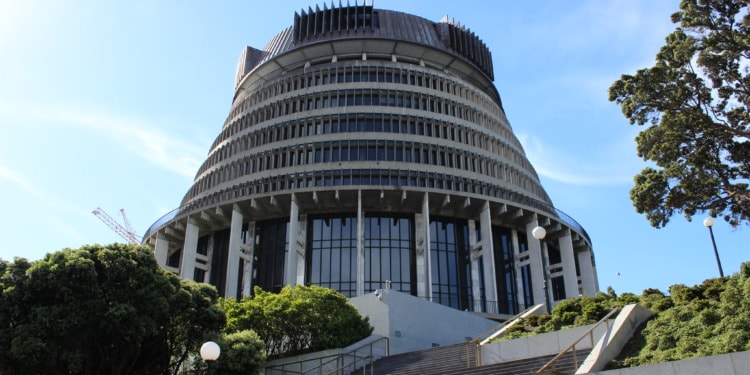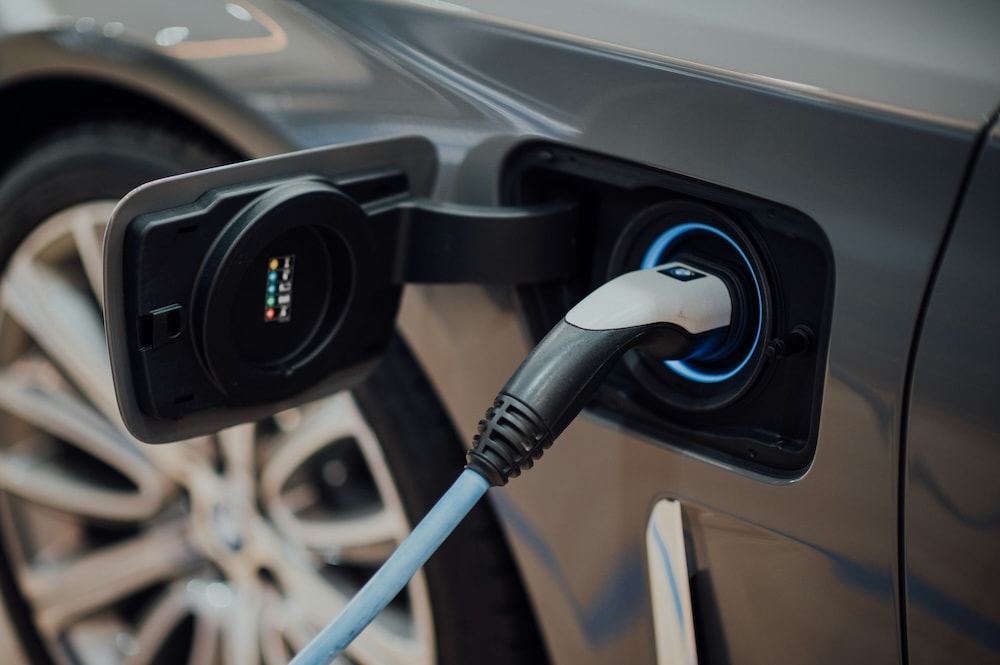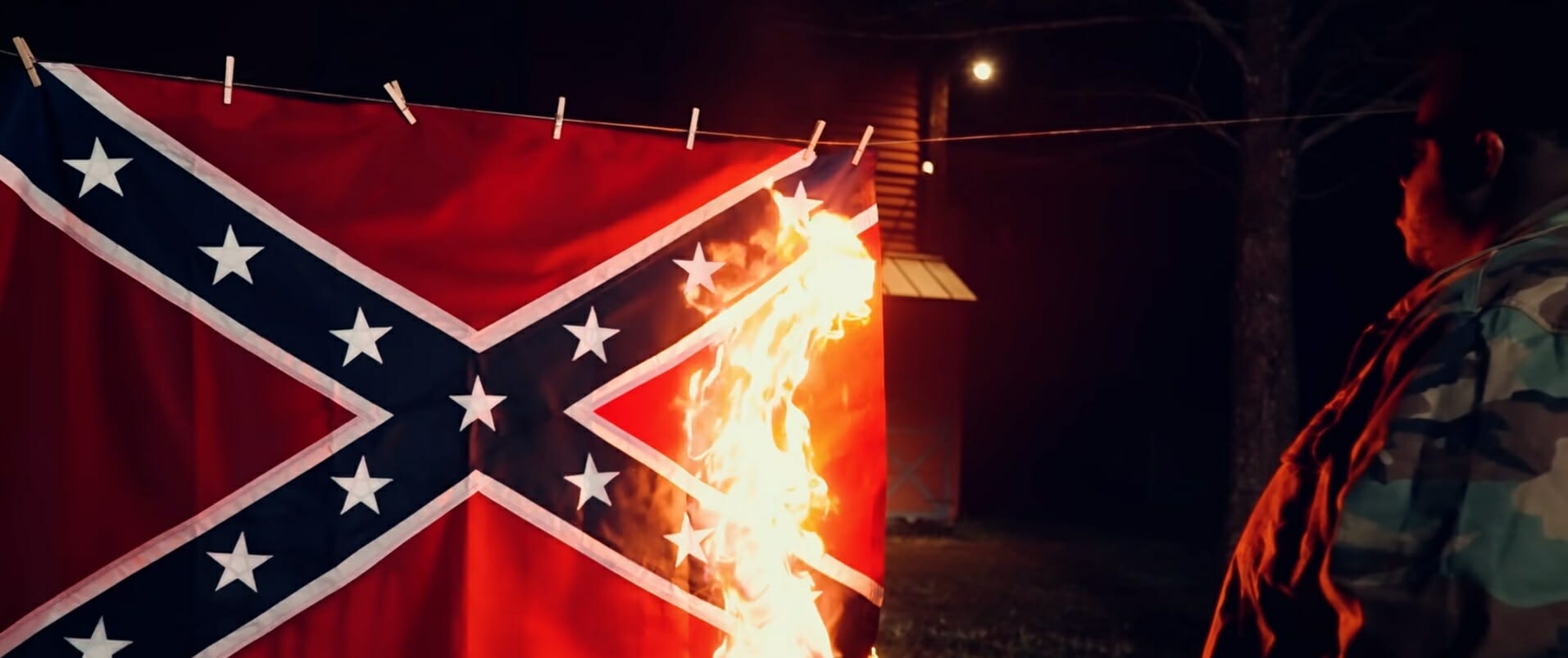New Zealand’s Supreme Court ruled on Monday that the country’s current minimum voting age of 18 breaches young people’s human rights, meaning the subject must now be discussed and voted upon in Parliament.
This conclusion was reached in light of the country’s Bill of Rights, which asserts that people who are 16 years and over must be protected against age discrimination.
The court’s ruling marks a significant step in the two-year case headed by Make It 16, a group of young campaigners who argue that 16 and 17-year-olds deserve to have their voices heard on political decisions that will prove critical to their futures, one of the most significant being the climate crisis.
“This is history,” said Caeden Tipler, co-director of Make It 16, “the government and parliament cannot ignore such a clear legal and moral message. They must let us vote.”
The Supreme Court has just declared that preventing 16 and 17 year-olds from voting is inconsistent with the Bill of Rights. Parliament cannot ignore that. It is time to make the voting age 16!!!!!!
— Make it 16 (@makeit16nz) November 20, 2022
New Zealand’s Prime Minister Jacinda Ardern has voiced her support for this legislative move, however she also highlighted that this “is not a matter simply for me or even the government (since) any change in electoral law of this nature requires 75% of parliamentarian support.”
Indeed, the Supreme Court’s ruling far from guarantees that the minimum voting age will be lowered, the proposition still faces many hurdles in Parliament since parties are currently divided on the motion.
The liberal Green party and the Māori party have indicated that they will support the change, with the Green party’s electoral reform spokesman Golriz Ghahraman stating that “young people deserve to have a say in the decisions that affect them, both now and in the future.”
However, both the centre-right National party and the right-wing Act party are in opposition. “Ultimately, you’ve got to draw the line somewhere, and we’re comfortable with the line being 18,” asserted National party leader Christopher Luxon.
The governing Labour party has yet to announce its position.
https://www.youtube.com/watch?v=muxDCs8yk0E
New Zealand’s voting age has not been altered since 1974, when it was dropped from 20 to 18. This followed the trend of much of the world; before World War II most countries had the minimum voting age set at 21 years old, but by the end of the 1900s, 18 became the most common voting age.
This age was chosen in most cases for its connection with military enlistment. Since citizens could volunteer or be drafted to fight for their country, it was logical that they should also have their voices heard at elections.
Related Articles: Voting Rights in America: Where Are We Now? | Can Gen Z Save the Midterms for Democrats?
Around 86% of the world has 18 as the voting age. However, Brazil, Ecuador, Austria, Scotland, and Argentina are among those who have lowered the minimum to 16 years old.
International campaigns to lower voting ages have increased in recent years, driven by a desire to enable young people to have their say in decisions that they will either thrive or suffer from.
There is also the growing issue of ageing populations which, according to David Runciman, Professor of Politics at Cambridge University, means that young people are now “massively outnumbered.” To make things fair, Runciman argues, the voting age would need to be lowered to 6 years old.
Do you think children should be allowed to vote?
Listen to David Runciman, Professor of Politics @Cambridge_Uni, make a good case FOR children getting the vote…#democracy #FridayThoughts https://t.co/rQrZjhky8l pic.twitter.com/1V3PZf1Eif
— EXPeditions (@joinExpeditions) September 3, 2021
With Runciman’s argument in mind, a voting age of 16 years old seems to be a very sensible manner of beginning to tilt the tables and create a more just democratic system.
However, many continue to question whether 16-year-olds can make mature political decisions, despite their abilities to drive, work full-time, and pay taxes in New Zealand.
Due to this entrenched view of at what age young people are able to make “adult” decisions, the outcome of the Parliamentary vote, predicted to take place within the coming months, is still very much in the balance.
Editor’s Note: The opinions expressed here by the authors are their own, not those of Impakter.com — In the Featured Photo: New Zealand’s Parliament building “the beehive”. Featured Photo Credit: Flickr.














